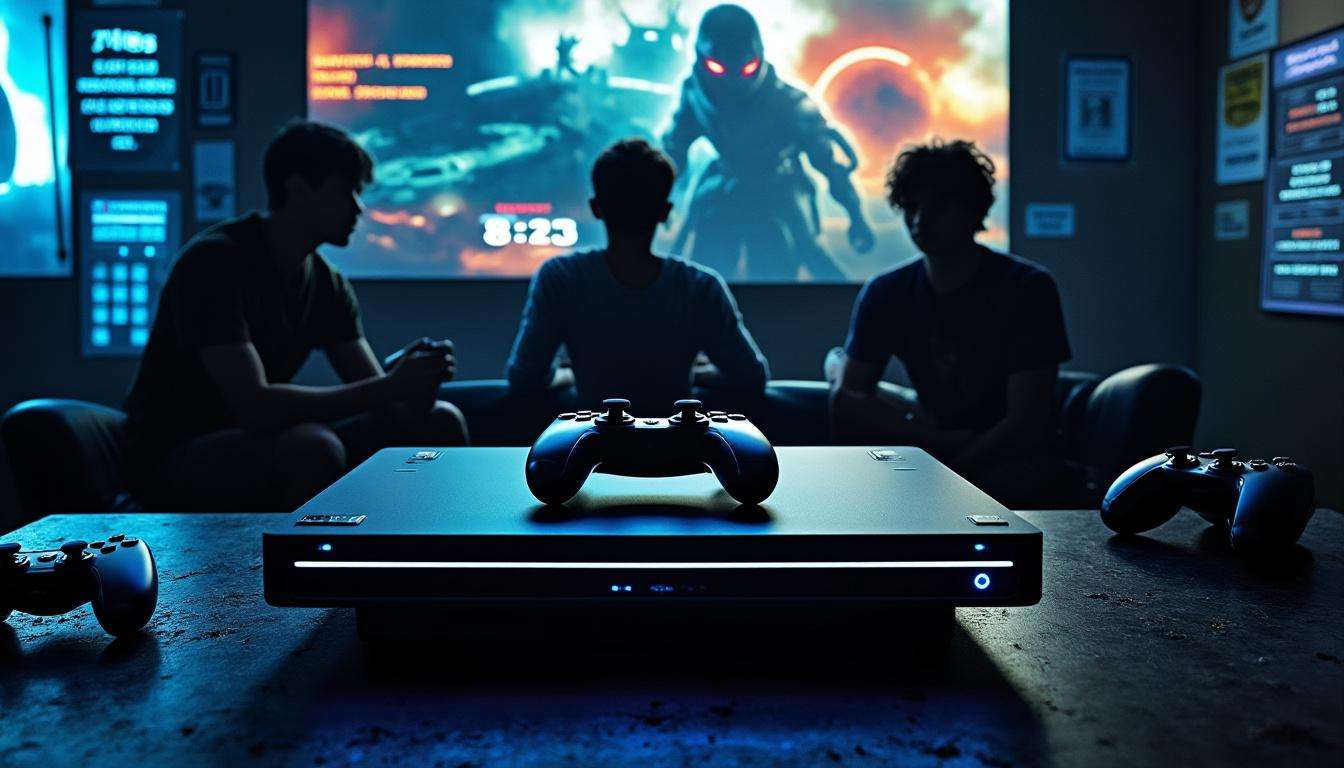In 2025, the Xbox brand stands at a crossroads rarely seen in the fiercely competitive world of gaming consoles. A foundational figure of the Xbox team has voiced a grim forecast: the future of Xbox hardware may be coming to an end. Laura Fryer, a prominent former executive who helped establish Xbox’s early legacy back in 2001, has expressed serious doubts about Microsoft’s dedication to console development. This shift coincides with the unveiling of the Asus ROG Xbox Ally, a handheld device born from collaboration but signaling a possible pivot away from Microsoft’s direct hardware innovation. Instead, the spotlight now sharply focuses on subscription services like Game Pass and the broader concept of Xbox Anywhere, which liberates Xbox games beyond the traditional console ecosystem. While the promise of ubiquitous gaming on any device sounds appealing, Fryer highlights troubling inconsistencies and strategic confusion within this new Xbox approach that could alienate core fans.
By betting heavily on Game Pass and ecosystems reliant on PC hardware partners like Asus, Xbox risks surrendering the unique identity that made it a mainstay alongside giants such as PlayStation and Nintendo. As Sony doubles down on exclusive titles and Nintendo prepares new hardware to capture its loyal base, Xbox’s ambiguous future raises fundamental questions about the sustainability of the console model in an era dominated by platform-agnostic gaming. This article examines the implications of this development, the role of industry giants like Electronic Arts, Activision, Ubisoft, Bandai Namco, and Valve, and how Xbox’s transformation is reshaping the gaming landscape.
The Xbox Hardware Decline: Analyzing Laura Fryer’s Perspective on the Console’s Future
Laura Fryer’s candid reflections carry weight due to her integral involvement in Xbox’s creation. She states bluntly that Xbox hardware might be “dead,” highlighting a significant shift in Microsoft’s gaming strategy.
- XBOX’S SHIFT TO GAME PASS: Microsoft’s current focus is on Game Pass subscriptions, positioning it as the bedrock of their gaming business.
- HARDWARE INNOVATION DELEGATED: Instead of spearheading hardware development, Xbox now seems to rely on partners like Asus for devices like the ROG Xbox Ally handheld.
- STRATEGY CHAOS: Fryer describes Xbox’s strategic communications and product offerings as confusing, with mixed messaging around game availability between PC and consoles.
- LOSS OF EXCLUSIVITY: With fewer console exclusives and Xbox Anywhere enabling cross-platform play, Xbox consoles lose their distinctive appeal.
This points to a broader transformation where Xbox’s identity as a console maker is blurring into the general PC gaming market, a move not welcomed by all fans who appreciate the console’s simplicity and cost-effectiveness compared to gaming PCs.
What the Asus ROG Xbox Ally Reveals About Microsoft’s Hardware Strategy
The introduction of the Asus ROG Xbox Ally handheld PC signifies more than just a novel gaming device. It embodies Microsoft’s apparent pivot away from manufacturing Xbox consoles themselves, ceding that ground to tech partners.
- WINDOWS-BASED DEVICE: The ROG Xbox Ally runs Windows, limiting it to PC versions of games, excluding true native Xbox console titles.
- PARTNERSHIP-DRIVEN HARDWARE: Microsoft leverages Asus’s expertise instead of innovating hardware in-house.
- MARKETING VERSUS REALITY: While Xbox portrays this as a unifying gaming experience, Fryer sees it as primarily a marketing message without firmer commitment to hardware.
- IMPACT ON GAMERS: Console loyalists skeptical of this shift might turn to PlayStation or Nintendo, brands that continue to invest in dedicated hardware.
Fans interested in this handheld can explore more details about the device and Microsoft’s gaming future in the Asus Xbox Ally handheld PC review.
Game Pass and Xbox Anywhere: Strengths and Pitfalls in Microsoft’s New Core
Xbox’s strategic emphasis on Game Pass is undeniable, aiming to create a vast ecosystem accessible on multiple platforms. However, this transition has led to some complex subscription models and platform-specific limitations.
- SERVICE-FOCUSED BUSINESS MODEL: Microsoft bets heavily on Game Pass as the primary revenue and gaming delivery vehicle.
- SUBSCRIPTION TIER COMPLEXITIES: Console versions of Game Pass often exclude day-one releases, unlike PC versions, adding consumer confusion.
- GAME AVAILABILITY BLURRED: Xbox Anywhere allows playing titles beyond Xbox hardware but creates ambiguity over game formats and access rights.
- IMPACT ON EXCLUSIVE TITLES: The fading of hardware exclusives affects Xbox’s competitive stance versus PlayStation’s exclusive-heavy lineup.
Gamers wishing to maximize value from Game Pass should check out our detailed analysis of Xbox Series X Game Pass worth, which examines subscription benefits and best practices in this evolving ecosystem.
How Xbox’s Shift Mirrors Industry Leaders and Competitors
The gaming sector is seeing immense consolidation of content and diversification of platforms. Xbox’s retreat from hardware puts it at odds with some key players:
- SONY: Continues to invest in PlayStation consoles and exclusive game development, preserving a loyal fan base.
- NINTENDO: Developing new hardware like the rumored Nintendo Switch 2, aiming to innovate on portable and hybrid gaming.
- VALVE: Advances in PC gaming platforms, especially Steam Deck, offer alternatives that compete indirectly with traditional consoles.
- ELECTRONIC ARTS, ACTIVISION, UBISOFT, BANDI NAMCO: Major publishers adjusting to cross-platform demands, developing games for multiple ecosystems, impacting exclusivity strategies.
X-box’s move hints at a future where gaming might no longer revolve around console battles but broader content delivery and cloud-based play. This transformation could redefine brand loyalty and player preferences in fundamental ways.

